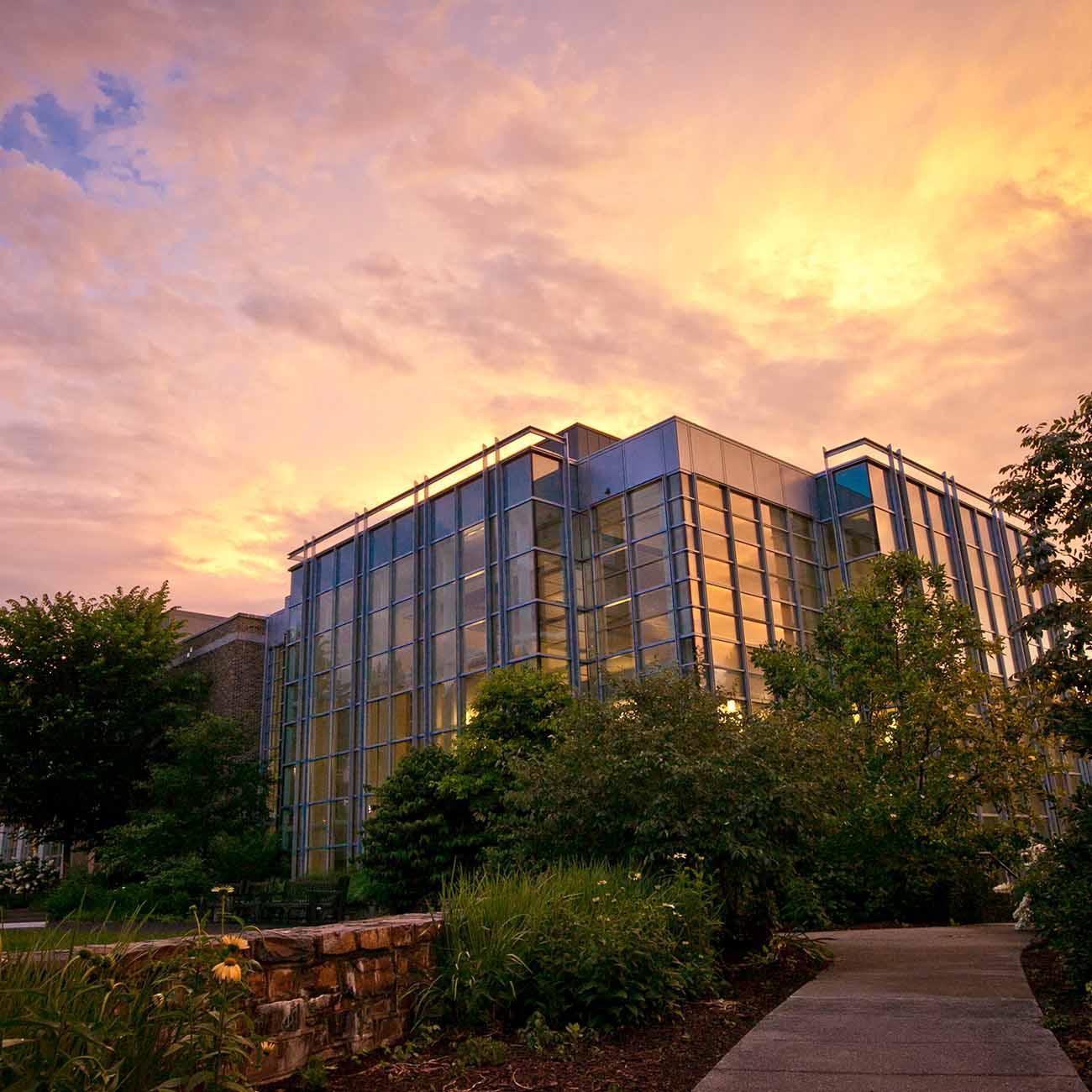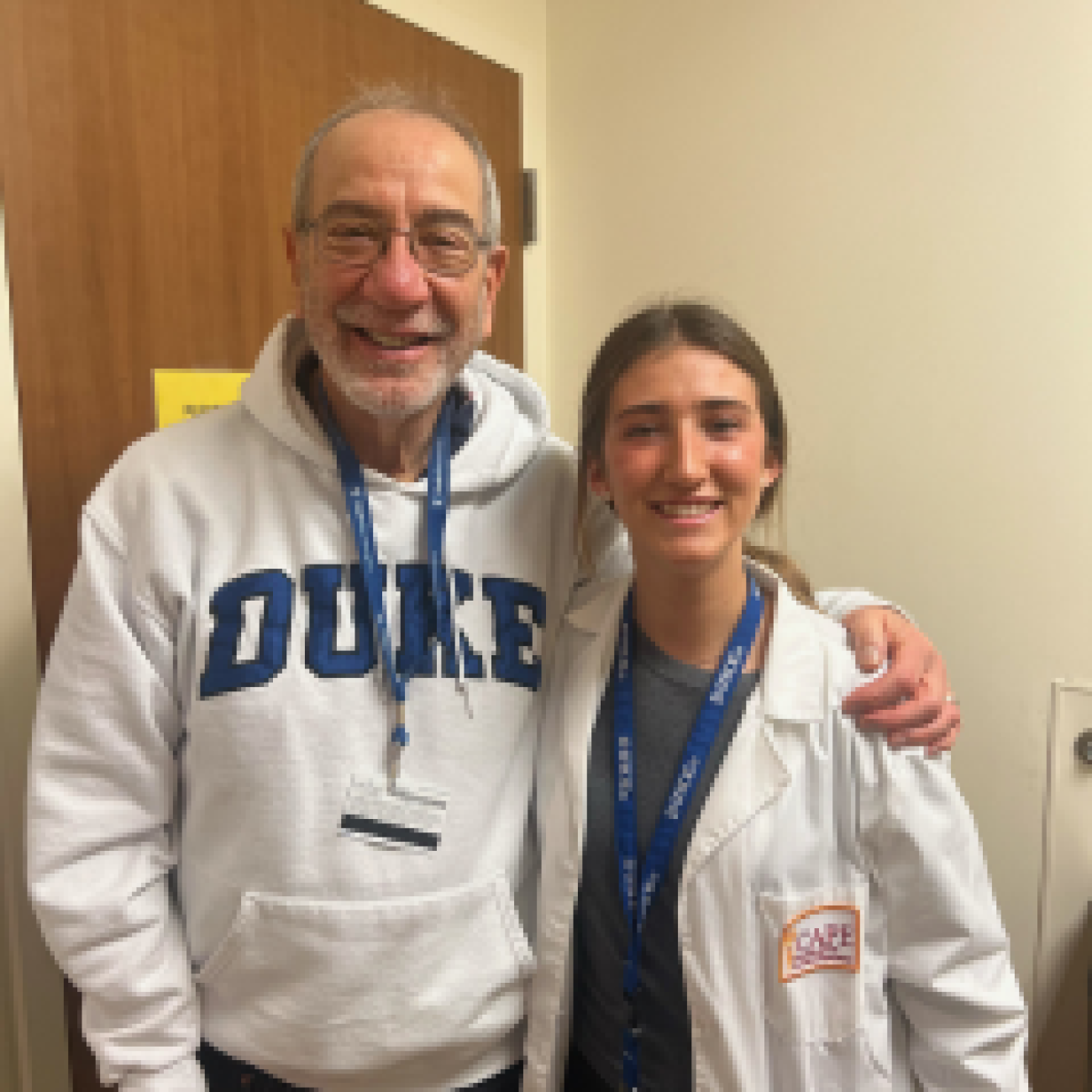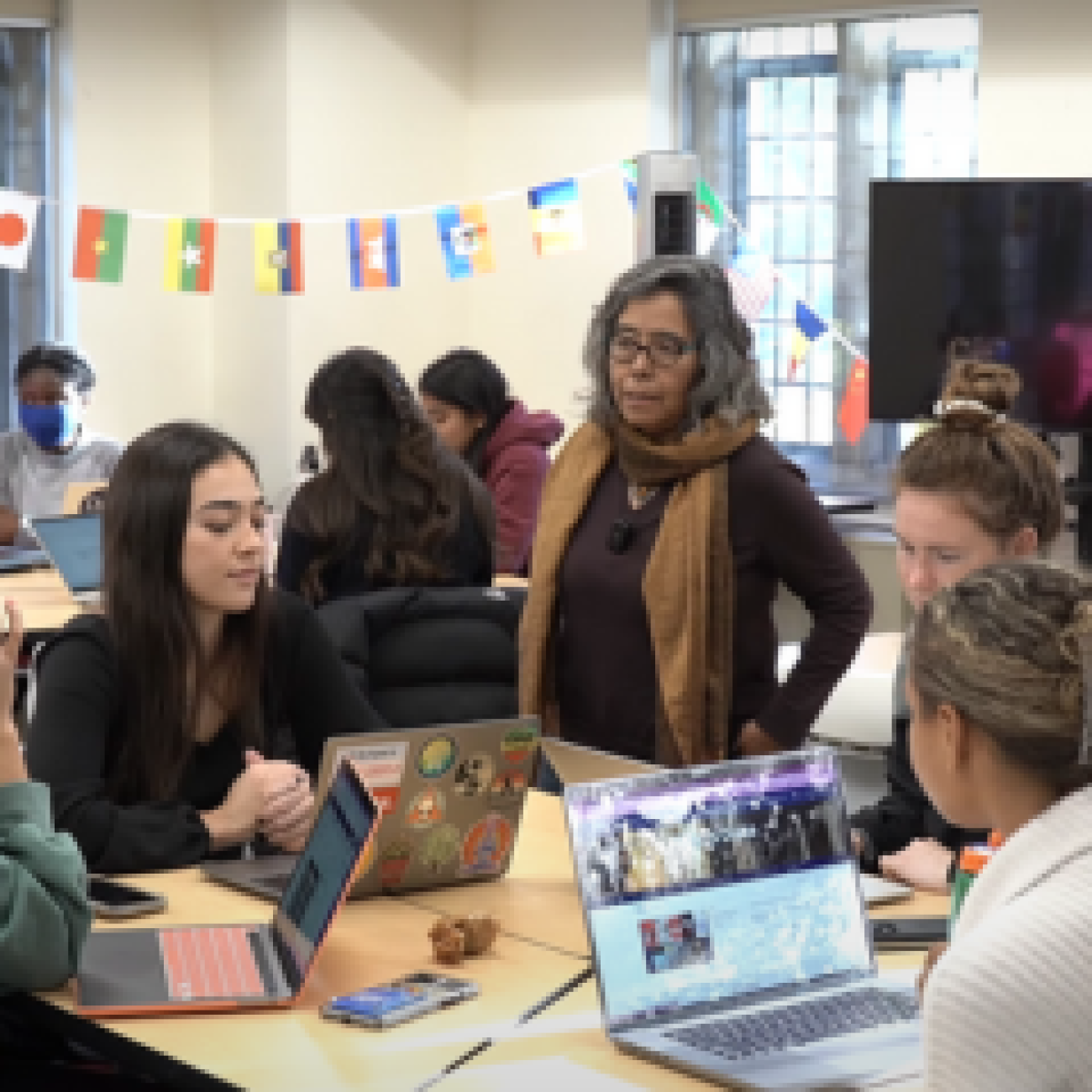Nicholas Scholars Program Opens Doors for Aspiring Environmental Leaders
Funded by five endowments and the Nicholas School’s Annual Fund, the program awards scholarships covering up to two-thirds of tuition to as many as 15 of the most highly qualified MEM or Master of Forestry (MF) applicants each year.
After graduating from college with a 3.89 GPA in environmental studies and landing internships at two of the most respected environmental nonprofits in India, Amrita Sood set her sights on becoming an environmental consultant who could help corporations reduce their carbon footprints and contribute to a low-carbon economy.
She knew she needed advancing training and education to achieve her goal and that the graduate degree that best matched her needs was the Master of Environmental Management (MEM) offered at Duke’s Nicholas School of the Environment.
She also knew that without financial help, her family couldn’t afford to send her there.
That’s where the Nicholas Scholars program comes into the story.
Funded by five endowments and the Nicholas School’s Annual Fund, the program awards scholarships covering up to two-thirds of tuition to as many as 15 of the most highly qualified MEM or Master of Forestry (MF) applicants each year.
Recipients come from a diverse range of backgrounds, and many are the first in their families to pursue advanced degrees.
Amrita, who this May completed her first year of study toward an MEM in environmental economics and policy, was one of 10 students selected to the Nicholas Scholars program in 2020.
“I am truly grateful for the donors who have helped me accomplish my dream of studying at the Nicholas School,” she says.
With the largest incoming class ever slated to enroll in the MEM and MF programs this fall, the support provided by the school’s Annual Fund is more important than ever, says Toddi Steelman, Stanback Dean of the Nicholas School.
“We are thankful to our alumni and friends, many of whom have responded to the growing need by going above and beyond their previous levels of giving and helping us surpass $1.6 million in Annual Fund giving for the first time in school history,” Steelman says.
That generosity will help the school provide financial aid to more deserving students, she says. It will also help underwrite the escalating cost of academic field trips, which give student groups the opportunity to meet with leaders from the corporate, government and nonprofit sectors and tour innovative facilities or important environmental sites across the nation. These trips are a core component of the MEM and MF programs.
Surpassing the school’s initial Annual Fund goal of $1.3 million was especially remarkable considering the constraints the COVID pandemic placed on fundraising, says Kevin McCarthy, associate dean for development and alumni relations.
“Most of our efforts were restricted to e-communications, phone calls and Zoom meetings, but our incredible alumni and donors looked past that and really rose to the occasion,” he says. “Not only did we bring in the most support ever for our Annual Fund, we also saw increases at our Summit Society level of giving, which recognizes gifts between $1,000 and $9,999, and at our Blue Sky level of giving, for annual donations of $10,000 or more.”
The beneficial impacts of these gifts will ripple throughout the corporate, government and nonprofit sectors as students like Amrita enter the workplace in coming years and put their world-class Duke education to work.
“I would love to work in the field of environmental, social and corporate governance to promote socially responsible investing and encourage organizations to divest from fossil fuels,” she says. What she’s learning at Duke, and the contacts she’s making here, will “help me become a strong environmental leader and make meaningful contributions that accelerate the transition to a low-carbon economy.”












